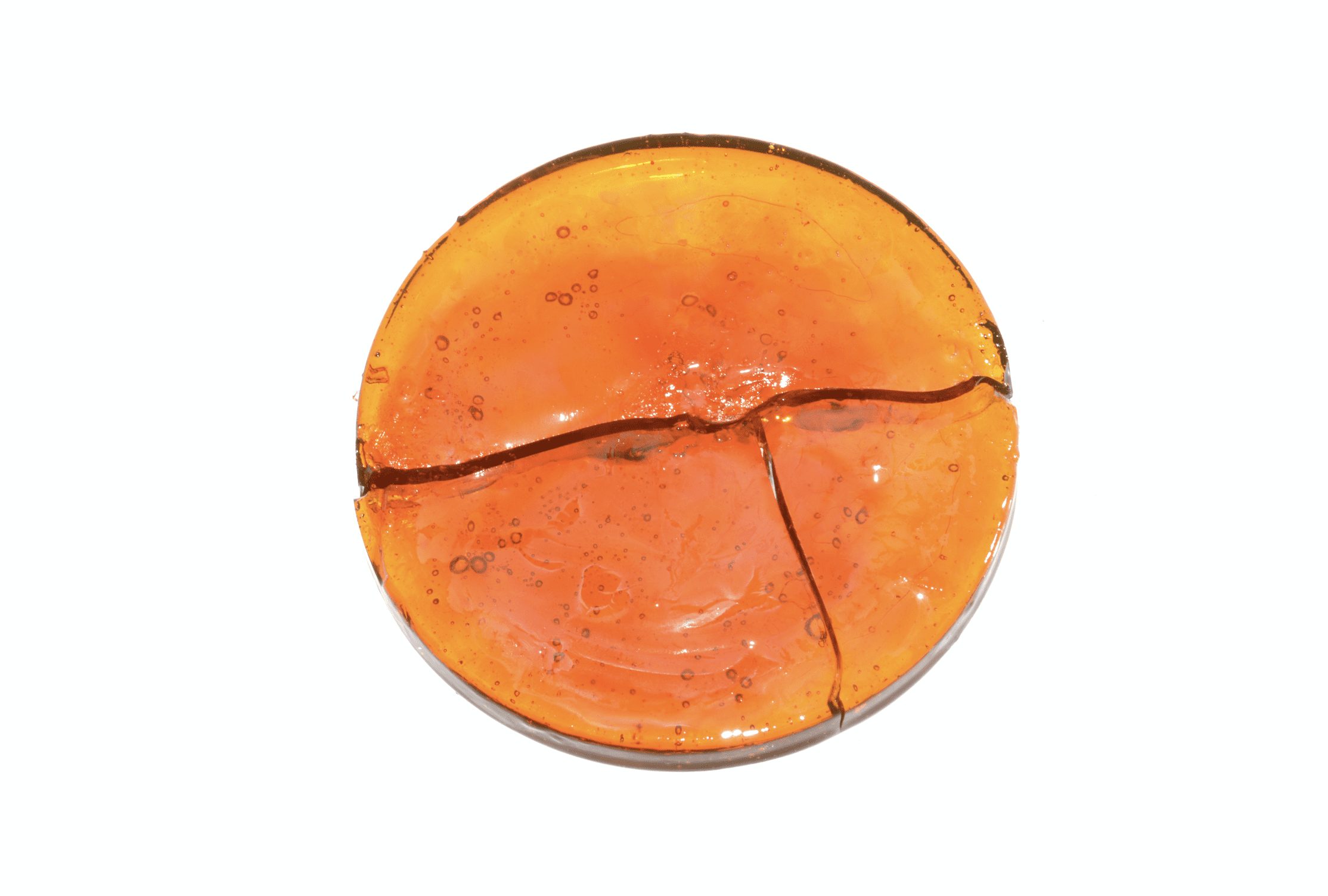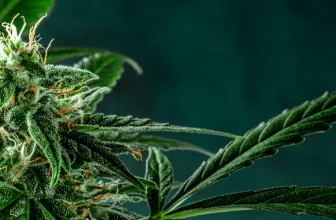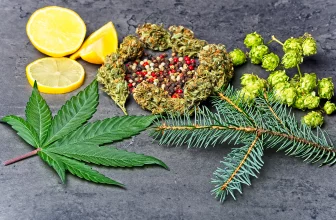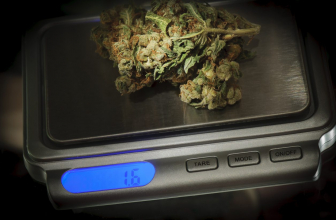
Live rosin isn’t something you use on a violin bow, although it shares its name with the purified pine pitch. Instead, it’s a type of THC concentrate. Yet, with more than a dozen different types of marijuana concentrates for sale in most dispensaries today, it’s not always obvious which option is best.
What is Live Rosin? What Do You Use It For? Difference Between Live Rosin and Live Resin
Newcomers often find all the rosins, resins, waxes, and other products difficult to compare and contrast without in-depth explanations. This guide on live rosin will help you understand why this high-quality THC concentrate is worth a try.
THC Concentrates of All Kinds
Live rosin is just one of many concentrates made from marijuana today. Concentrates are simply forms of marijuana where the THC is concentrated and removed from the bulky plant material. Hash is one of the oldest forms of concentrate, but other common names used for different varieties today include:
- Shatter
- Budder or badder
- Pull and stretch, also known as taffy
- Wax or earwax
- Crumble
- Moon rocks
- Honey oil
Extracts of THC are a type of concentrate, but not all concentrates qualify as extracts. Extracts tend to be thinner liquids and are almost always created with solvents.
In contrast, the highest quality THC concentrates like live rosin can be made with solventless manufacturing methods. This produces a safer, healthier product with a wider range of terpenes intact, resulting in better flavor and a stronger high.
What Makes It Live?
One of the most important traits of rosin is the live part of the name. While the buds used for producing this concentrate are not technically still growing, they’re frozen immediately after harvest and used within a few days. This makes them as fresh as possible, never dried or cured before extraction. The results are concentrates with far more flavor and potency than non-live varieties. Not all live concentrates are rosin, so make sure to look for both parts of the name to enjoy the best possible quality.
The Live Rosin Production Method
Rosins, in general, are made with heat and pressure alone rather than solvents, which makes them higher quality than most oils. However, live rosin is a lot more complicated to press because of the frozen bud. Applying heat directly to the frozen buds would simply melt the moisture on the surface and make a mess.
A process known as freezing agitation creates a material known as ice wax first. This technique dates back to the original days of hash, specifically a process known as bubble hash production.
The frozen buds are mixed around in a cold water bath. Trichomes come loose and float in the water, where they’re easily gathered with fine filter bags. The material is peeled from the bags and allowed to dry completely to remove the water content. Freezing is usually used to accelerate drying without losing delicate terpenes to heating.
Finally, the hash created is pressed to purify it and remove any lingering plant materials, qualifying it as live rosin.
Why Avoid Solvents in THC Concentrates?
Solvents are chemicals used to loosen the bonds between THC and the plant material bearing it. Just like shampoo helps wash the dirt out of your hair, a chemical like butane or acetone can maximize the THC that comes from dried or frozen plant material. However, it’s hard to remove every trace of these solvents from the resulting concentrate. Since concentrates are usually dabbed or vaporized, the lingering solvent residues are inhaled along with the THC and terpenes. Long-term exposure to the solvents can cause serious health concerns.
Many people feel more comfortable using rosin, especially live rosin, for its lack of solvent exposure.
Live Rosin vs. Live Resin
With only one letter of difference between them, it’s all too easy to confuse live rosin and live resin. Both are made from frozen fresh plant material, giving them an edge in quality and flavor. However, there is a major difference in how they’re produced. Live rosin takes many more steps to produce to carefully harvest fragile trichomes without using solvents. In contrast, live resin relies on solvent-based treatments like hydrocarbon extraction.
Live rosin is a much higher quality product than even the best live resin, making it more valuable. Of course, even a live resin is worth trying, especially in strains you can’t find concentrated in rosin form.
Cold Cure and Warm Cure Rosins
Even with the single category of live rosins, you have two distinct groups of products based on whether they are cold or warm cured. The curing process is used with rosin to set the final texture of the product. The exact amount of THCA in any concentrate largely affects whether it’s sticky and runny like an oil or thicker and harder like traditional hash.
Most people prefer firmer and drier textures similar to wax and budder to handle and divide the concentrates more easily. This effect is easily achieved with the slower process known as cold curing.
The rosin is placed in a glass container and exposed to cold temperatures in a freezer for several hours, then sealed and kept at room temperature. A few cycles of this helps improve the flavor and thicken the texture without damaging any terpenes or delicate compounds.
Warm cures go faster and quickly change the texture, but they can darken the final concentrate and cause terpene loss.
What is Live Rosin Good For?
As an easy-to-melt, high THC level, solvent-free concentrate, live rosin is a good candidate for medical marijuana use. It’s much more delicate and easier on the lungs and bronchial tubes than many other oils and concentrates. It’s easily made into other mixtures for edible or vaping use, thanks to its quick dissolution in alcohol or fats. Finally, it’s a good choice for connoisseurs who want to enjoy the full flavor profile of their favorite strain.
Give live rosin a try if you’re new to THC concentrates or an old hand at dabbing. Thanks to an advanced solventless extraction process, these concentrates are truly some of the best available on the market. Try a flavorful strain, like Safety Meeting, extracted in the best possible way.






